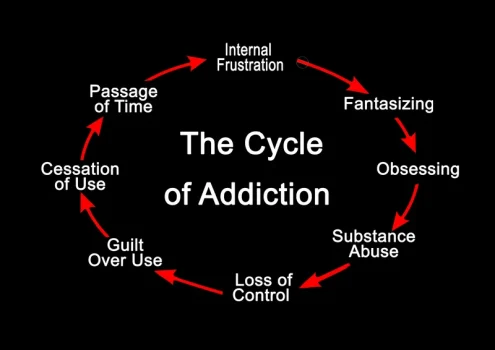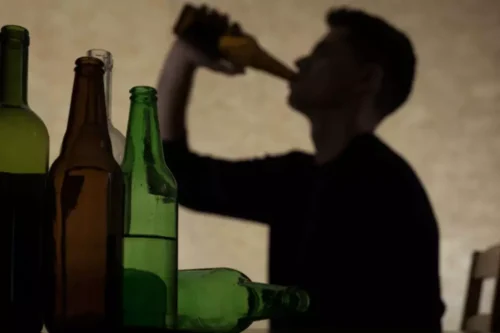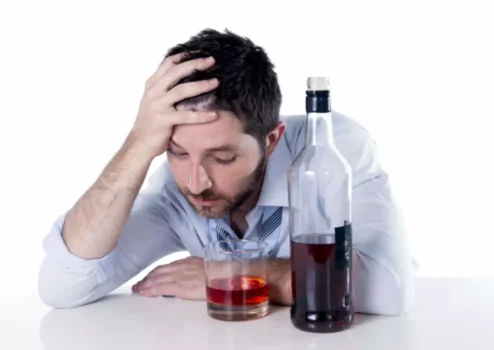
We talked to board-certified dermatologists to help you make the decision that’s best for the health of your complexion. Alcohol can help your skin absorb products more quickly, but in some cases, the ingredient may lead to redness and irritation. In fact, stress can lead to an increase in sebum production2, thus raising the risk of post-party breakouts. In addition, dehydration could be one of the reasons your head is pounding after one too many cocktails. Alcohol might make you drowsy and help you fall asleep faster, but you may not stay that way. It breaks up your normal sleep rhythms and can make you restless throughout the night.
Frequently Asked Questions About Effects of Alcohol On Skin
Drink plenty of water to rehydrate your body both during and post alcohol consumption, which will in turn rehydrate your skin. Be sure to thoroughly cleanse your skin, and nourish it with a good quality moisturizer as well as daily sun screen. Consumption of alcohol can also lead to other unhealthy habits like smoking and consumption of junk food, which can also how alcohol affects your skin have a negative impact on the appearance of the skin. Instead of turning to junk food the morning after the party, you should concentrate on eating nutritious food which will provide your skin with the essential nutrients it needs to look bright and healthy again. You might notice dandruff on your scalp or itchy patches of greasy skin on other body parts.
Oral changes due to chronic alcohol use
In fact, a study by the British Medical Association found bourbon is twice as likely to cause a hangover as the same amount of vodka. In addition, the high sugar levels of cocktails can also leave skin looking dull and sallow. So next time you’re perusing the menu on a night out, bear in mind that a Margarita is the worst offender as it contains sugar and salt, both of which can leave skin puffy.
Alcohol and Skin Health: The Undeniable Connection

We will also discuss the connection between alcohol and acne, the importance of hydration for healthy skin, and tips for protecting your skin while drinking alcohol. In conclusion, alcohol can have a significant impact on your skin health. It can cause various skin conditions, premature aging and wrinkles, acne, and dehydration. However, by understanding the science behind alcohol’s effect on the skin and taking steps to protect and care for your skin while drinking alcohol, you can minimize the negative effects. If you are struggling with alcohol addiction, seeking professional help is essential for both your overall health and your skin health.
If You Mix Any Of These 3 Ingredients With Retinol, Your Skin Will Suffer

“In the long run, they can enlarge pores and increase greasiness, so avoid products containing any type of alcohol if you have an oily skin type or acne-prone skin,” she explains. To prioritise skin health, it is essential to focus on a comprehensive approach. This includes maintaining a healthy diet, staying https://ecosoberhouse.com/ hydrated, practicing good sleep habits, and following a consistent skincare routine that includes sunscreen and moisturiser. It is important to remember that skincare is a holistic endeavour, and the impact of alcohol consumption on the skin should be evaluated in the context of overall lifestyle choices.
The Role of Inflammation and Antioxidants
- Limiting the amount of alcohol you drink, and having plenty of water or soft drinks between alcoholic drinks can help avoid dehydration – which is also the main cause of a hangover.
- It can also cause skin changes resulting from alcoholic liver disease.
- A person who is worried about the amount of alcohol they consume, or has trouble managing their alcohol intake, can contact a doctor or local support group to help with treatment.
- The refreshing oil-free formula is perfect for using before your moisturiser to give your skin a super-hydrated and plumped appearance.
- Seeking professional advice and taking a holistic approach to your well-being can improve the likelihood of skin recovery while also benefiting your overall health.
- It is crucial to strike a balance and prioritise hydration to maintain optimal skin health.
In the short term, drinking alcohol can cause dry skin, flushing, dark circles, and decreased elasticity. According to a 2020 study, applying topical brimonidine to the skin before drinking alcohol may be effective in reducing the appearance of flushing. Brimonidine is prescription-only, and doctors sometimes prescribe it to people with rosacea. According to DermNet.org, drinking large amounts of alcohol can increase a person’s risk of developing psoriasis.

Mental health
Dermatology Partners Houston Clear Lake, “If you’re going to enjoy some cocktails at your holiday party, plan ahead to make sure you’re protecting your skin. Throughout history, alcohol consumption has been an integral part of human culture. Alcohol consumption, alcoholism in particular, influences the onset and progression of liver diseases, neurological disorders, and multiple types of cancer. However, the role of alcohol consumption in influencing skin diseases has often been overlooked.
- Drink plenty of water in the days after alcohol consumption, and make sure to apply moisturizer and eye cream in the morning and evening.
- When it isn’t working right, the toxins stay in your cells, which leads to warmth and flushing.
- While there are several factors that contribute to the development of acne, alcohol consumption can play a role in exacerbating the condition.
Skin cancer
- If alcohols top the list, it’s likely to be irritating to sensitive skin.
- ’” Here, Rodriguez breaks down the exact effects of alcohol on the skin, as well as the benefits of giving up alcohol or imbibing more tactfully.
- So if you pair your alcohol of choice with a sugar-packed mixer, this effect will be even more substantial.
- Collagen and elastin are essential proteins responsible for maintaining the skin’s firmness and elasticity.
- Sometimes they’re a symptom of alcohol intolerance, meaning your body can’t break down alcohol well.
- For neoplastic skin diseases, it is apparent that alcohol consumption triggers and exacerbates skin tumors, with the relationships being dose dependent.
If you drink every day, or almost every day, you might notice that you catch colds, flu or other illnesses more frequently than people who don’t drink. That’s because alcohol can weaken your immune system, slow healing and make your body more susceptible to infection. Your body breaks alcohol down into a chemical called acetaldehyde, which damages your DNA. Damaged DNA can cause a cell to grow out of control, which results in cancerous tumors. Pancreatitis can be a short-term (acute) condition that clears up in a few days.
Leave a Reply